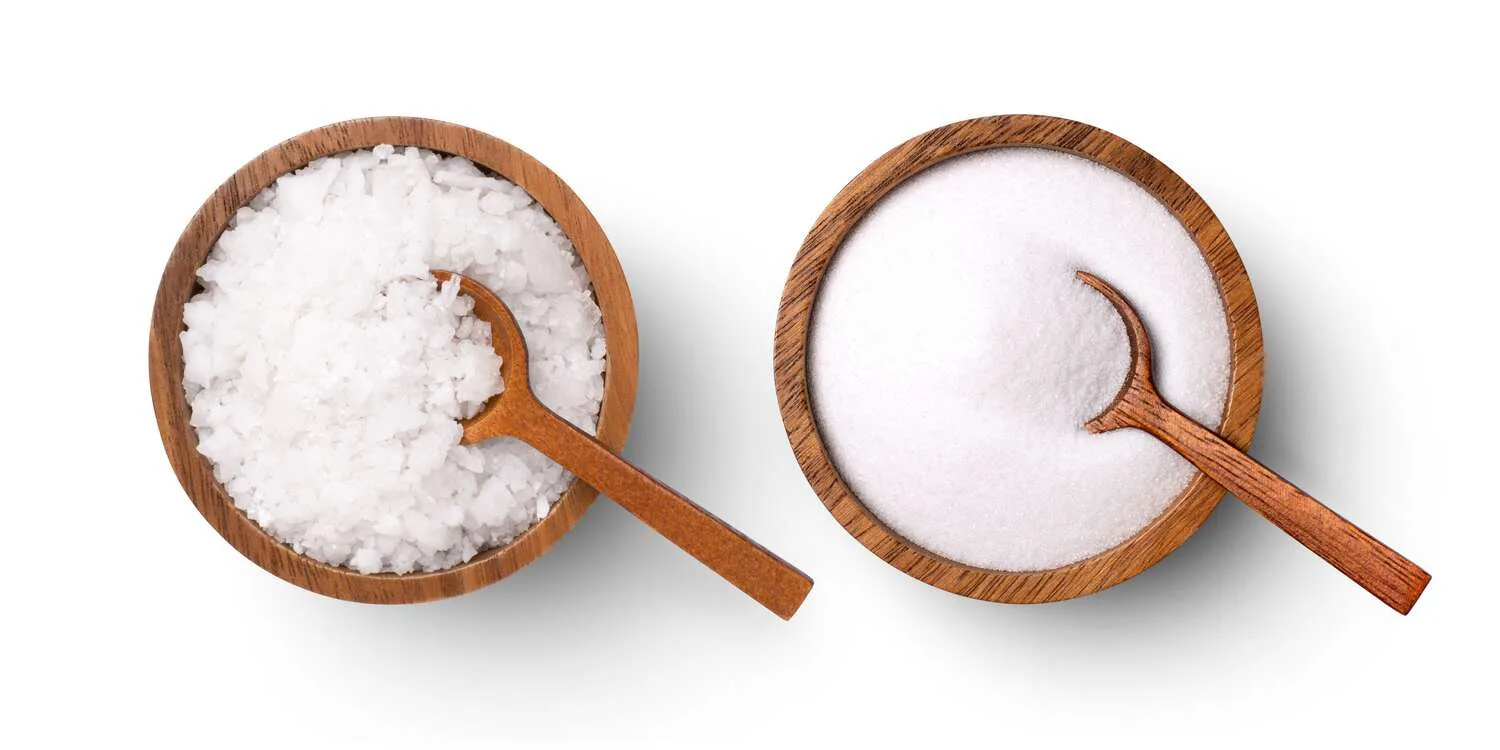Rethinking Salt: Why Natural Salt’s Benefits Are Overstated
When it comes to salt, the health claims surrounding natural varieties often fall under scrutiny. Experts suggest a more straightforward approach: focus on reducing your overall salt consumption. The purported mineral advantages of natural salt are often minimal and shouldn’t overshadow the importance of moderating your intake.
The Problem with Hidden Salt
One of the biggest challenges in managing salt intake is the prevalence of hidden salt in everyday foods. Many processed items contain surprisingly high levels of sodium, making it crucial to be a vigilant consumer.
- Bread: A seemingly innocuous staple, bread can contribute significantly to your daily salt intake.
- Sauces: From ketchup to soy sauce, condiments are notorious for their high sodium content.
Strategies for Reducing Salt Intake
Adopting a few simple strategies can make a big difference in lowering your salt consumption:
- Read Labels: Pay close attention to nutrition labels and choose low-sodium options whenever possible.
- Cook at Home: Preparing your own meals allows you to control the amount of salt added.
- Use Alternatives: Experiment with herbs, spices, and lemon juice to enhance flavor without relying on salt.
The Bottom Line on Salt
Instead of focusing on the perceived benefits of natural salt, prioritize reducing your overall sodium intake. By being mindful of hidden salt in common foods and making informed choices, you can better manage your health.




+ There are no comments
Add yours